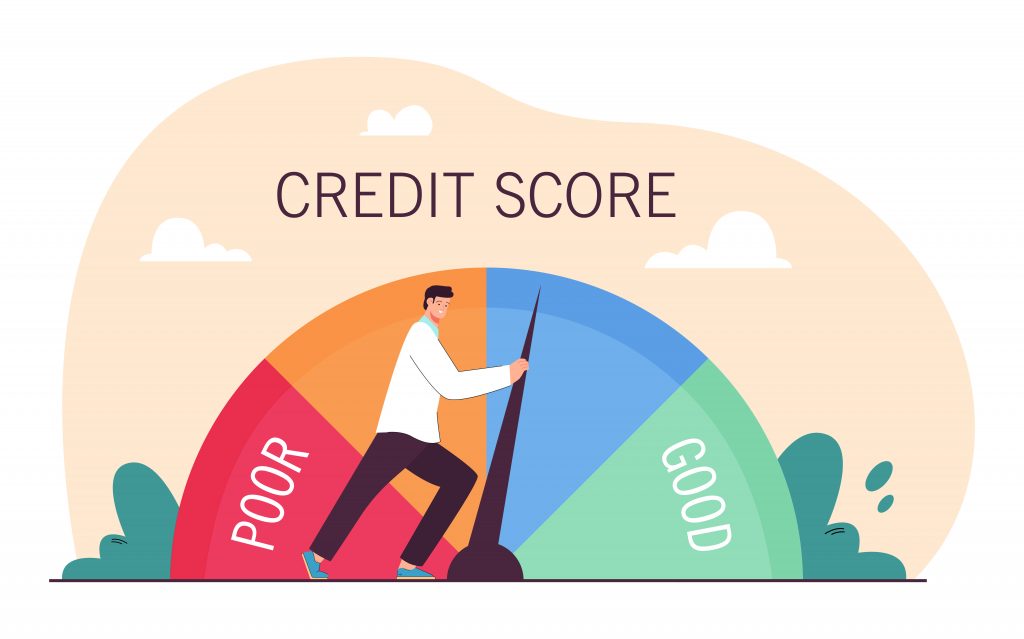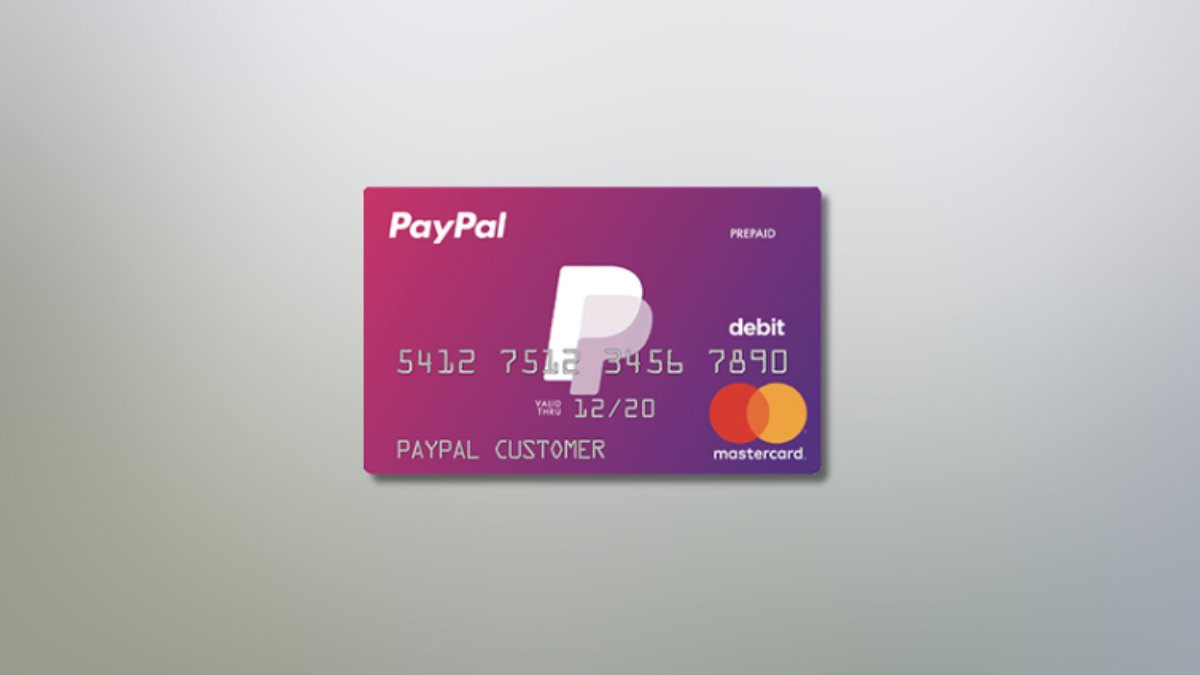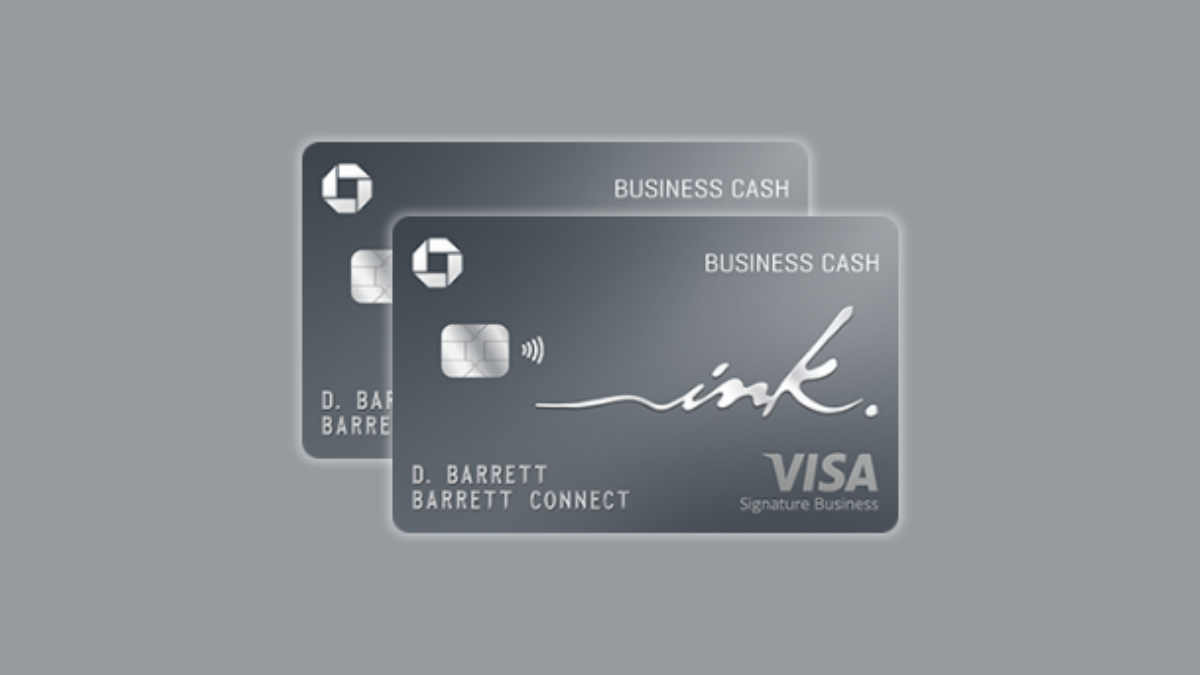Finances
What is creditworthiness?
Do you want to learn about what makes up your credit score? Check out our article for everything you need to know about creditworthiness.
Advertisement
The importance of good creditworthiness

Creditworthiness is simply a measure of how likely you are to repay your debts on time. Creditors’ and lenders’ decisions can be highly influenced by it!

The impact of your credit score on your mortgage
our credit score has a great impact on the mortgage rates you pay. Understand how this number may affect your chances of getting a loan and how to improve it. Read on!
But don’t worry! This blog post will explain the importance of good creditworthiness and discuss five key steps you can take to improve yours. So keep reading to learn more!
You will be redirected to another website
You’ll receive messages for less than 1 week, with a maximum of 1 message per day. You can unsubscribe anytime by replying STOP. By submitting this form, I confirm that I am 18+ years old and agree to the Privacy Policy and Terms and Conditions. I also provide my signature, giving express consent to receive informational messages via automated emails, SMS, MMS text messages, and other forms of communication. Message frequency may vary as part of our good-faith effort to respond to your inquiry. Message and data rates may apply. Text STOP to cancel. I understand that my consent to receive communications is not a condition of purchase and that I may revoke my consent at any time.
Advertisement
What is creditworthiness and why is it important?
Creditworthiness measures an individual or company’s ability to repay debts. Lenders use this information to determine if they should extend credit to a potential borrower and at what interest rate.
A high credit score indicates that a borrower is less likely to default on their debt, which makes them more creditworthy in the eyes of a lender. It can lead to lower interest rates and better loan terms.
A low credit score, on the other hand, can lead to higher interest rates and fewer lending options.
Creditworthiness is essential because it plays a role in determining the cost of borrowing money. The lower the risk of default, the lower the interest rate borrowers will pay.
Also, it can help you secure loans, mortgages, and other types of financing at more favorable terms. It indicates that you are financially responsible and can be trusted with money.
What factors influence your creditworthiness?

Understanding your creditworthiness is an important part of being financially responsible. Various factors determine it, including your financial history and current debt load.
Let’s take a look at what influences your creditworthiness. Stick around and learn more!
Advertisement
1. Credit score
Your credit score is one of the most important factors in determining your creditworthiness.
A good credit score, usually above 700, indicates that you have managed your finances responsibly and will be more likely to repay any money you borrow.
However, a low credit score suggests that you may not be as reliable when paying back debt.
2. Debt-to-Income Ratio
Another factor that affects your creditworthiness is the amount of debt you currently have compared to how much income you receive each month.
Lenders want to ensure you can meet your financial obligations before lending money. Therefore, they will look at this ratio to determine if it’s safe for them.
Generally, lenders prefer borrowers with a low debt-to-income ratio because it suggests they can manage their finances well enough to pay back any debts they incur.
Advertisement
3. Income Stability
Your income stability also plays an important role in assessing your creditworthiness. Lenders want to know that you have a consistent source of income so they can be confident in their decision.
They will look at the length of time you’ve been employed with the same company and whether or not there have been any large gaps in employment over the past few years.
The more stable your income source is, the more likely lenders will be willing to extend a loan or line of credit.

Choose the best card to build your credit score
Here's a complete guide on how to choose the best card to build your credit score. Keep reading to find out more!
How to improve your creditworthiness
Now that you know the factors influencing your creditworthiness, it is time to learn some tips to improve it! Check it out!
1. Review Your Credit Report
The first step towards improving your creditworthiness is to review your credit report. You can obtain a copy from all three major bureaus—Experian, TransUnion, and Equifax.
Make sure that all the information contained is accurate and up-to-date. This includes checking for errors or discrepancies that could drag down your score.
2. Check Your Score
Once you’ve reviewed your report, the next step is checking your score.
Knowing what number represents your current level of creditworthiness will help guide your efforts going forward and serve as a benchmark against which you can measure future progress.
Keep in mind that there are different types of scores; make sure you know which one(s) lenders use when evaluating potential borrowers like yourself.
3. Pay Off Debts

Paying off any outstanding debts should be prioritized if it fits within your budget constraints. Doing so will lower overall debt levels and increase available cash flow for paying down other debts.
Also, make other purchases in the future without running afoul of lenders’ requirements regarding DTI ratios or other measures used to evaluate borrowers’ ability to pay back loans on time or at all.
4. Verify Your Income/Debt Ratio
Lenders assess whether an applicant has sufficient means to pay back a loan by examining their income/debt ratio (IDR).
This figure compares an individual’s total monthly income against their total monthly debt obligation payments (e.g., rent/mortgage payments, car notes, and student loan payments).
If this ratio exceeds 36%, lenders may view this as too high of a risk level since they want assurance that their funds will be paid back in full at some point in the future.
5. Keeping record of assets
Lastly, keep track of assets, such as cash savings accounts and investments. It is of great help!
They could be used as collateral to secure a loan or line of financing at better terms than would otherwise be available based on pure debt analysis alone.
Having records proving ownership over these items may sway creditors’ decisions when weighing whether or not an application can get approval.
Bottom Line
Understanding what factors influence your creditworthiness is essential for making smart financial decisions and planning for future purchases or investments.
Also, it will help ensure that lenders view you as an attractive borrower. Then it’s more likely they will help ensure that any loans or lines of credit extended are done on favorable terms for both parties involved.
If you’re unsure about something related to your credit score or want to learn how to calculate it, keep reading. Our post below will help you with that!

The most common myths about your credit score
Do you know what affects your credit score? Here are the most common credit score myths debunked to help you understand it and deal better with it. Keep reading!
Trending Topics

Veterans United Home Loans review: how does it work and is it good?
Check out this Veterans United Home Loans review to see how it works. This #1 VA Lender will help you buy your dream home! Read on!
Keep Reading
Apply for the Delta SkyMiles® Reserve American Express Card
Do you need a card to make your travel experiences better? Read to learn about the Delta SkyMiles® Reserve American Express Card application!
Keep Reading
Simplify experience: PayPal Prepaid Mastercard® Review
Get the full scoop on the PayPal Prepaid Mastercard® in our review. Ensure a hassle-free process and grant the card you need! Read on!
Keep ReadingYou may also like

Apply for the Ink Business Cash® Credit Card: Maximized rewards
Discover step-by-step how to apply for the Ink Business Cash® Credit Card online and get rewarded for your business expenses. Read on!
Keep Reading
Luxury Black or Luxury Gold card: choose the best!
Are you thinking about getting a Luxury Black or Luxury Gold card? First, read this article to learn about their benefits to choose the best.
Keep Reading
First Progress Platinum Elite Mastercard® Secured Credit Card application
See how to apply for the First Progress Platinum Elite Mastercard® Secured Credit Card, one of the best options to help you build credit.
Keep Reading